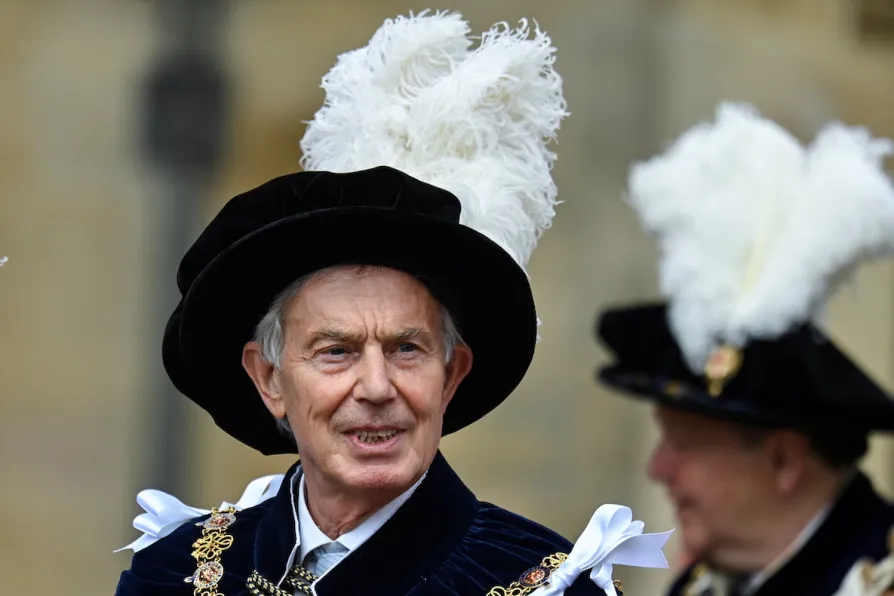Labour prospects in May elections may be irrevocably damaged by Birmingham Council’s costly refusal to settle the year-long dispute, warns STEVE WRIGHT


THIS May was the 25th anniversary of Labour’s 1997 election victory. I voted Labour on that day (for the late Bernie Grant) and I doubt there were too many on the left who weren’t pleased that the Tories had suffered a huge defeat.
Of course we knew that Tony Blair, whatever his past, was not a man of the left. Indeed one could hardly miss the New Labour message. History and particularly Labour and labour history was not part of it.
Blair was the only Labour leader not to appear at the Durham Miners Gala (Starmer has appeared virtually) despite representing a nearby constituency.

While Hardie, MacDonald and Wilson faced down war pressure from their own Establishment, today’s leadership appears to have forgotten that opposing imperial adventures has historically defined Labour’s moral authority, writes KEITH FLETT













